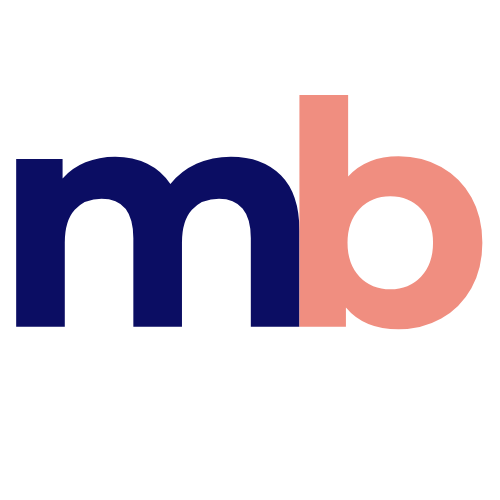Normalizing Hunger for Oppositional Movement and Behavior
Interested in learning more about oppositional behavior/urges as a *path* to help clients bite into their deeper hungers?
My colleague and dance-movement therapist Dee Wagner and I are presenting a 9hr CE series in-person on July 30 and 31. Check out what she says here:
“Oppositional Movement gets a bad rap. As a dance/movement therapist, I have invited clients to experience Push. Before COVID, I sat in front of them and they pushed their hands into my hands. During COVID, on Zoom, I might invite them to turn and push their hands into the arm of the sofa.
When parents experience Push, they notice how pushing into something helps us feel our forearms. They begin to feel their core, even their feet. They experience their personal space and how a feeling of personal space can naturally deepen the breath. There is space for inspiration—a deepening sense of spiritual connection.
When parents experience Push, they begin to appreciate their children's efforts to Push into them. Porges and I have spoken over the years about the work of child psychiatrist Judith Kestenberg. With colleagues, Kestenberg identified infant rhythms, half of which create oppositional dances that help children individuate within the dance of relationship.
On May 6, 13 and 20, fellow somatic psychotherapist Caroline Gebhardt and I are offering another series of CE trainings teaching Chi for Two practices that help clients utilize oppositional movement to settle their nerves. These partner practices grow out of my article Polyvagal Theory and Peek-a-boo: How the Therapeutic Pas de Deux Heals Attachment Trauma in Body, Movement and Dance in Psychotherapy. Therapists can do these practices with their individual clients. If the clients are parents, they can begin to do these practices with their kids. Please join us!”
Here’s more info!
Course 1 – How Therapy Can Celebrate Oppositional Behavior to Support Individuation
July 30 – 9:00am-12:30pm – $110 – *3 CEs
Course 2 – Oppositional Movement as the Pathway to Multi-Generational Trauma Healing
July 30 – 3:00-6:30pm – $110 – *3 CEs
Course 3 – Puberty, Oppositional Behavior & the Urge to Devour
July 31 – 9:00am-12:30pm – $110 – *3 CEs
Fee for the bundled series: $300
Register: www.chifortwo.com/polyvagal-bites
For questions or program description and learning objectives, email Caroline@MBodiedTherapy.com
*3 Core CEs for LPCs, 3 Related CEs for LCSW/LMFT
⭐️ Polyvagal-informed
⭐️ Trauma-sensitive
⭐️ Attachment-based
All three courses will be held in one weekend; Courses 1 & 2 will be on Saturday with a generous break for lunch and recharging. Course 3 will be held on Sunday morning. All will be held at our new facility in Stone Mountain, GA. We are less than a mile from Stone Mountain Park, which is a great place to hike or spend time in nature. Harbor of Dreams Art address: 6570 James B Rivers Memorial Drive, Stone Mountain GA 30083


